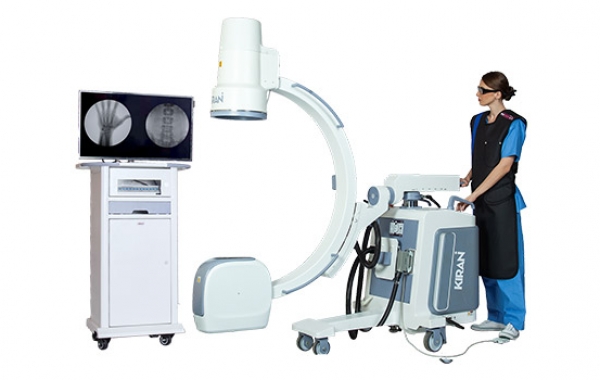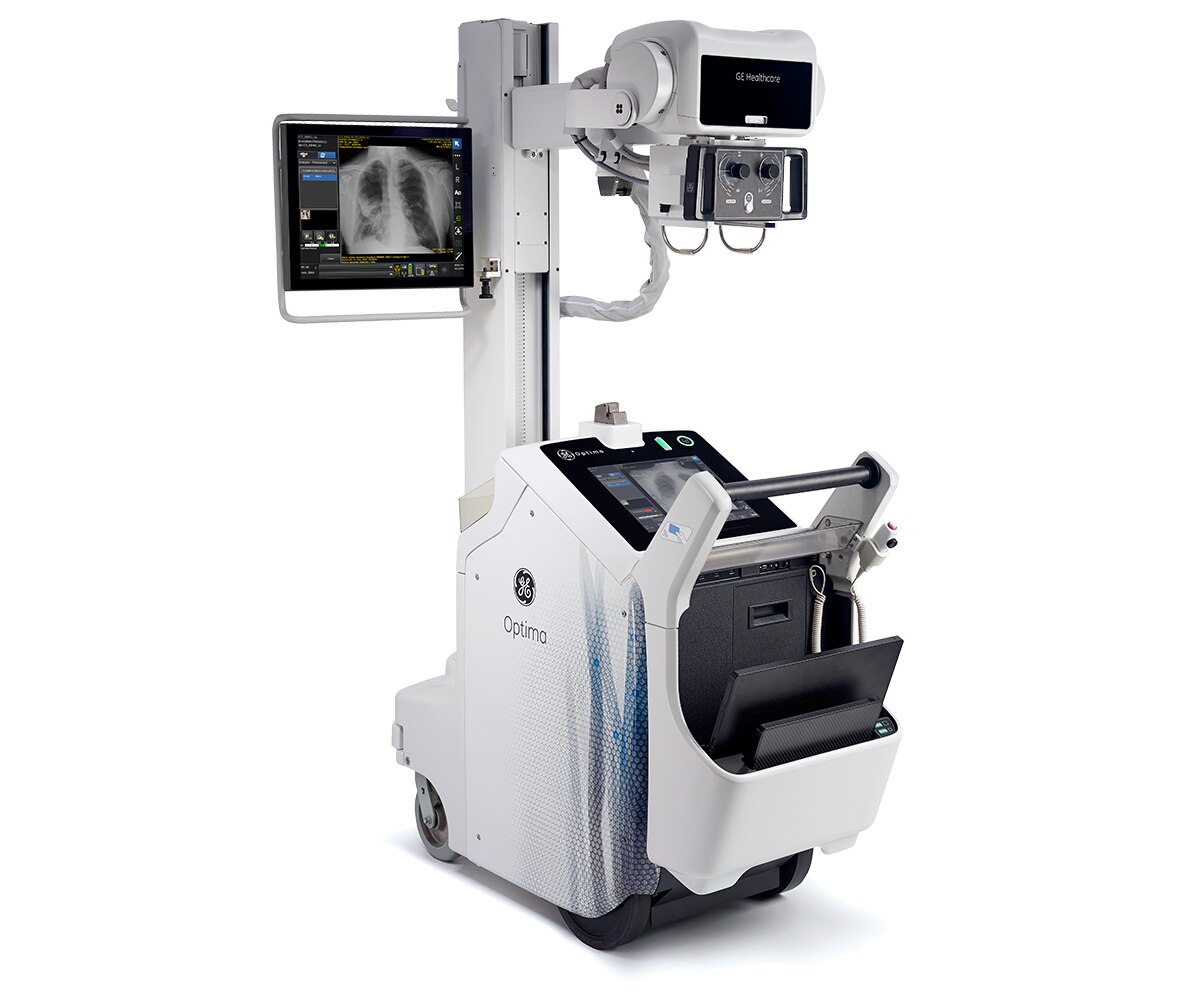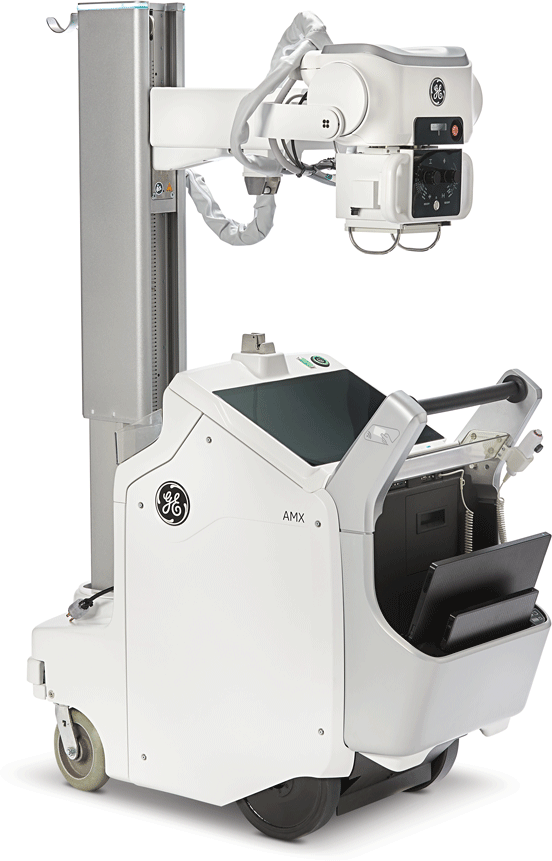Navigating The Landscape Of X-Ray Machines For Sale: A Comprehensive Guide
Navigating the Landscape of X-Ray Machines for Sale: A Comprehensive Guide
Related Articles: Navigating the Landscape of X-Ray Machines for Sale: A Comprehensive Guide
Introduction
In this auspicious occasion, we are delighted to delve into the intriguing topic related to Navigating the Landscape of X-Ray Machines for Sale: A Comprehensive Guide. Let’s weave interesting information and offer fresh perspectives to the readers.
Table of Content
Navigating the Landscape of X-Ray Machines for Sale: A Comprehensive Guide

The purchase of an X-ray machine is a significant investment, requiring careful consideration and a thorough understanding of the available options. This comprehensive guide aims to equip potential buyers with the knowledge necessary to make informed decisions, exploring the diverse world of X-ray machines for sale, their applications, and the factors influencing their selection.
Understanding the Importance of X-Ray Technology
X-ray technology plays a pivotal role in various fields, contributing significantly to advancements in healthcare, industrial inspection, and scientific research. Its ability to penetrate matter and generate images revealing internal structures has revolutionized diagnostic procedures, quality control, and material analysis.
Types of X-Ray Machines for Sale
The market for X-ray machines encompasses a broad spectrum of models, each tailored to specific applications and user requirements. Here’s a breakdown of the major categories:
1. Medical X-Ray Machines:
-
Diagnostic X-Ray Systems: These are the most common type, used in hospitals, clinics, and private practices for imaging bones, organs, and other internal structures. They include:
- General Purpose X-Ray Systems: Versatile machines capable of performing a wide range of examinations, including chest, abdomen, extremities, and dental imaging.
- Fluoroscopic Systems: Employ continuous X-ray beams to provide real-time images, enabling visualization of dynamic processes like swallowing or joint movements.
- Mammography Systems: Specialized systems designed for breast imaging, offering high resolution and sensitivity for early detection of breast cancer.
- Computed Tomography (CT) Scanners: Advanced systems that produce cross-sectional images of the body, providing detailed anatomical information.
- Interventional X-Ray Systems: Used in conjunction with minimally invasive procedures, these systems provide real-time imaging guidance for interventions like angioplasty or biopsy.
2. Industrial X-Ray Machines:
- Non-Destructive Testing (NDT) Systems: Used to inspect materials and products for defects, cracks, or internal flaws without damaging them. These systems are essential for quality control in industries like aerospace, automotive, and manufacturing.
- Security Screening Systems: Employed in airports, security checkpoints, and other high-security areas for detecting concealed objects like weapons or contraband.
- Radiation Therapy Machines: Used in cancer treatment to deliver precise doses of radiation to targeted areas.
3. Scientific Research X-Ray Machines:
- Synchrotron Radiation Sources: Powerful X-ray sources used in scientific research, providing high-energy beams for studying materials at the atomic level.
- X-Ray Diffraction Systems: Used to determine the structure of crystals and molecules, providing insights into the arrangement of atoms and molecules.
Factors to Consider When Buying an X-Ray Machine
1. Application and Purpose: The primary application of the X-ray machine dictates the type and features required. For example, a medical facility needs a diagnostic system, while a manufacturing company might require an NDT system.
2. Budget: X-ray machines vary significantly in price, ranging from entry-level models to sophisticated, high-end systems. The budget should align with the intended use and available resources.
3. Image Quality and Resolution: The ability to produce clear, detailed images is crucial for accurate diagnosis or inspection. Consider the resolution, contrast, and image clarity requirements for your specific application.
4. Features and Functionality: Evaluate the features and functionality offered by different models, including image processing capabilities, software options, and ease of use.
5. Maintenance and Support: Assess the availability of maintenance services, spare parts, and technical support for the chosen model.
6. Regulatory Compliance: Ensure that the X-ray machine meets all relevant safety and regulatory standards in your region.
7. Installation and Training: Factor in the cost of installation and training for operating the machine.
8. Warranty and Service Contracts: Consider the warranty period and the availability of service contracts for ongoing maintenance and support.
9. Manufacturer Reputation: Research the reputation of the manufacturer and their track record in providing reliable products and services.
10. Environmental Considerations: Assess the environmental impact of the X-ray machine, including its energy consumption and disposal of components.
Frequently Asked Questions (FAQs) about X-Ray Machines for Sale
1. What is the average price of an X-ray machine?
The price of an X-ray machine can vary widely based on its type, features, and manufacturer. Entry-level models can start at around $10,000, while advanced systems can cost upwards of $1 million or more.
2. How long does it take to install an X-ray machine?
Installation time depends on the complexity of the system and the specific requirements of the location. It can range from a few days to several weeks.
3. What are the safety risks associated with X-ray machines?
X-ray machines emit ionizing radiation, which can be harmful if not used properly. Proper safety protocols, shielding, and operator training are essential to minimize radiation exposure.
4. How often does an X-ray machine need maintenance?
Regular maintenance is crucial for ensuring optimal performance and safety. Maintenance schedules vary depending on the type of machine and usage frequency, but typically involve annual or semi-annual inspections and servicing.
5. What are the legal requirements for using an X-ray machine?
The legal requirements for operating an X-ray machine vary by country and region. It’s essential to comply with all applicable regulations, including licensing, operator training, and radiation safety protocols.
Tips for Buying an X-Ray Machine
- Define Your Needs: Clearly identify the specific application and purpose of the X-ray machine.
- Research Thoroughly: Explore different manufacturers, models, and features to make informed comparisons.
- Consult with Experts: Seek advice from experienced professionals in the field, such as medical physicists, engineers, or technicians.
- Consider Long-Term Costs: Factor in the cost of installation, maintenance, and ongoing support when making your decision.
- Negotiate Carefully: Discuss pricing, warranty, and service contracts with potential suppliers.
Conclusion
The purchase of an X-ray machine is a significant investment that requires careful planning and due diligence. By understanding the different types of X-ray machines, considering relevant factors, and following these tips, potential buyers can navigate the market effectively and choose the best option for their specific needs. Remember, investing in a reliable and efficient X-ray machine is a crucial step towards advancing healthcare, enhancing quality control, and driving scientific progress.








Closure
Thus, we hope this article has provided valuable insights into Navigating the Landscape of X-Ray Machines for Sale: A Comprehensive Guide. We thank you for taking the time to read this article. See you in our next article!
You may also like
Recent Posts
- The Enduring Appeal Of XP Jewelry: A Timeless Symbol Of Achievement
- A Global Tapestry Of Adornment: Exploring World Collections Of Jewelry
- The Evolution Of A Brand: Understanding The Name Change Of Lola Rose Jewellery
- Navigating The UK’s Jewelry Wholesale Landscape: A Comprehensive Guide
- The Allure Of Effy Jewelry: Unveiling The Reasons Behind Its Premium Pricing
- The Enduring Appeal Of Gold Jewelry: A Timeless Investment
- The Art Of Harmony: Elevating Your Style Through Accessory Coordination
- The Comprehensive Guide To Wholesale Jewelry Supplies Catalogs: A Treasure Trove For Jewelry Makers And Businesses
Leave a Reply